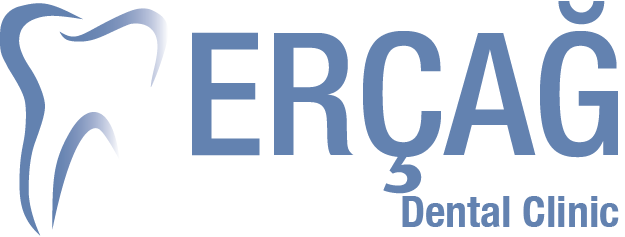
09 Nis WHAT IS PERIODONTOLOGY?
Periodontology is a field of dentistry that deals with the treatment of gum diseases. The dentist who is an expert in the treatment of diseases that occur in the teeth and surrounding tissues is called a periodontist. The main cause of gum disease is the bacterial plaque and dental stones. Bleeding during tooth brushing comes first among the symptoms of gum disease. Color changes in the gums, swelling and redness, gingival recession and tenderness formation are among the other symptoms of gum diseases. However, gum diseases can cause odor in the mouth, pain in the gum, and shaking of the teeth in the future, resulting in loss of teeth when left untreated. In some cases, gum disease can be a precursor to other diseases in our body. Periodontology, which comes into play at this point, plays an important role in the treatment of diseases occurring in dental and surrounding tissues. Gum diseases detected in the early period can be treated successfully by applying the necessary treatments. The important issue here is the early detection of gum diseases and the implementation of the necessary treatment. It should be kept in mind that even non-carious teeth may be lost in the future if gum diseases are neglected or if the necessary treatment is not applied. Therefore, patients with gum problems should benefit from applying to the dentist in the early period.
CAUSES OF PERIODONTOLOGY DISEASES
Periodontological diseases often occur when people do not show the necessary care and attention to dental health. To prevent periodontological diseases, teeth should be brushed regularly and floss should be used. The main cause of gum disorders that we frequently encounter in humans is as follows;
Smoking: Dangerous chemicals in the cigarette cause the symptoms of gingivitis to be hidden and thus delay the treatment.
Diabetes Disease:: Diabetic diseases attack the immune system of people against diseases and reduce the speed of recovery. This makes the gums susceptible to infection. In addition, dry mouth is seen in diabetic patients, which can cause negative effects on bacteria living in the mouth.
Drugs used: Antidepressants regularly used by people, blood pressure, heart, birth control pills, epilepsy and asthma medicines disrupt the tissues of the mouth. These medications can cause gingivitis and tooth decay.
Irregular Nutrition: Too many fatty foods and fast-food foods affect the body’s immune system and make it difficult for the body to fight infections.

